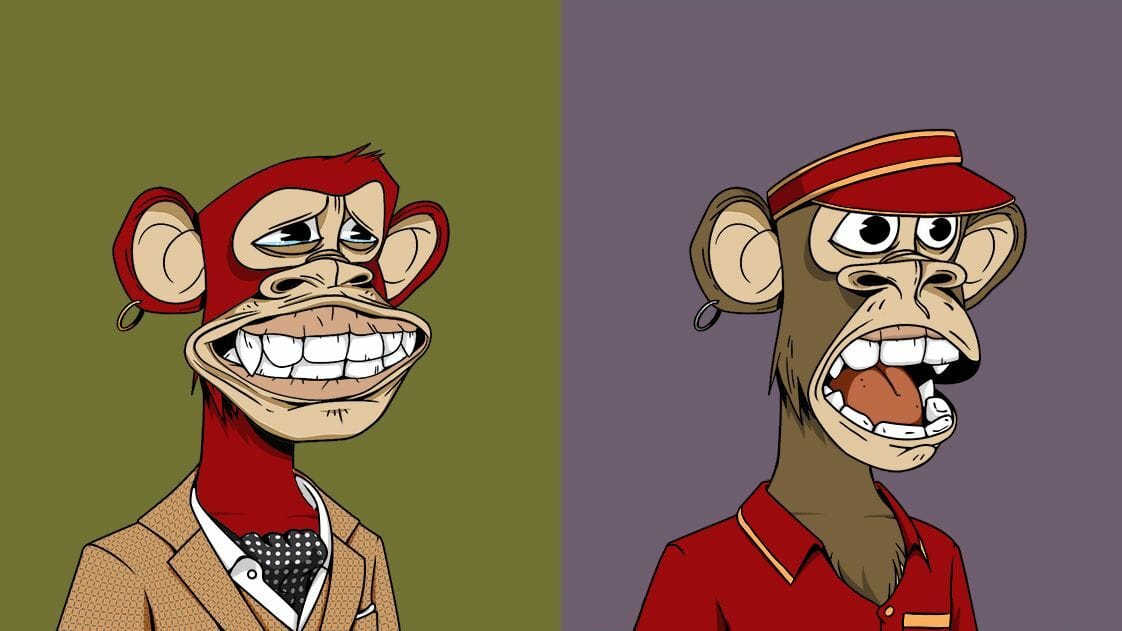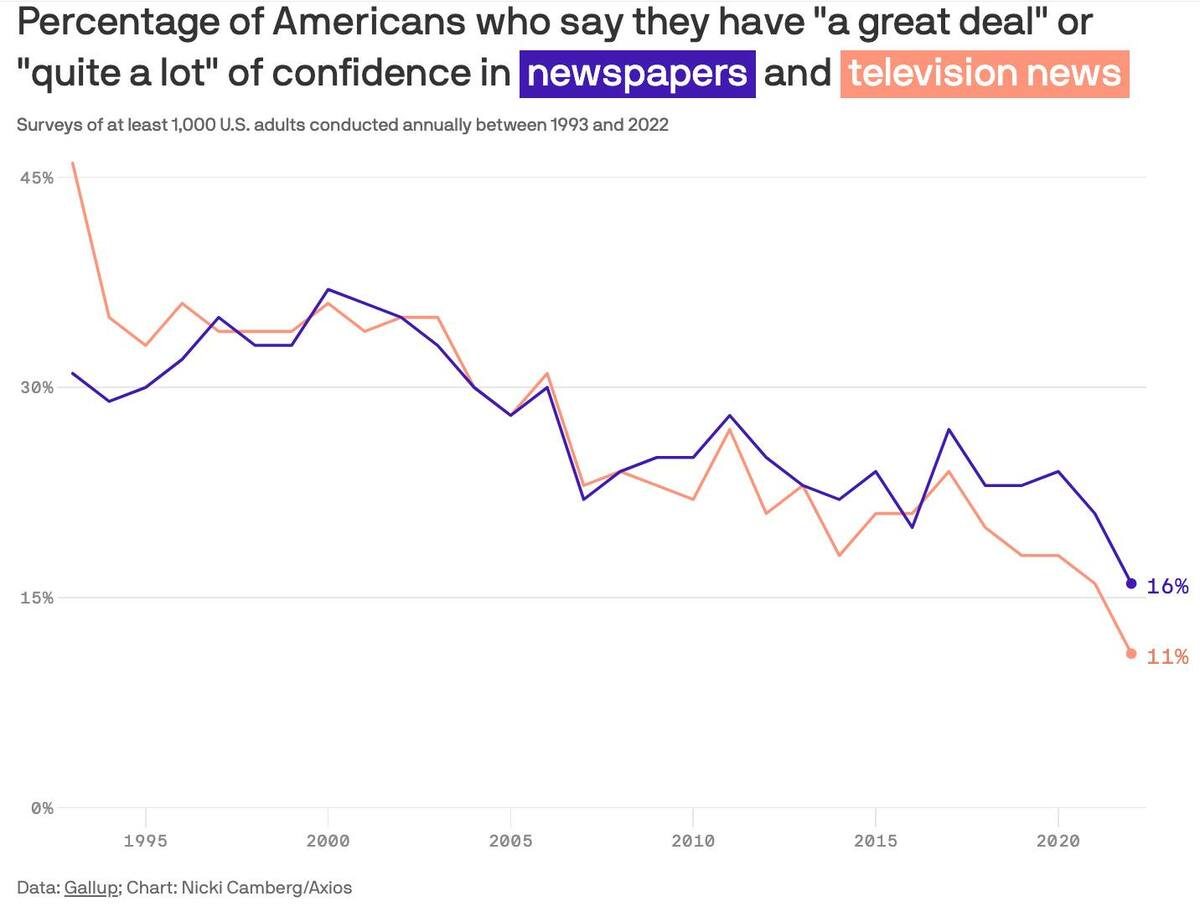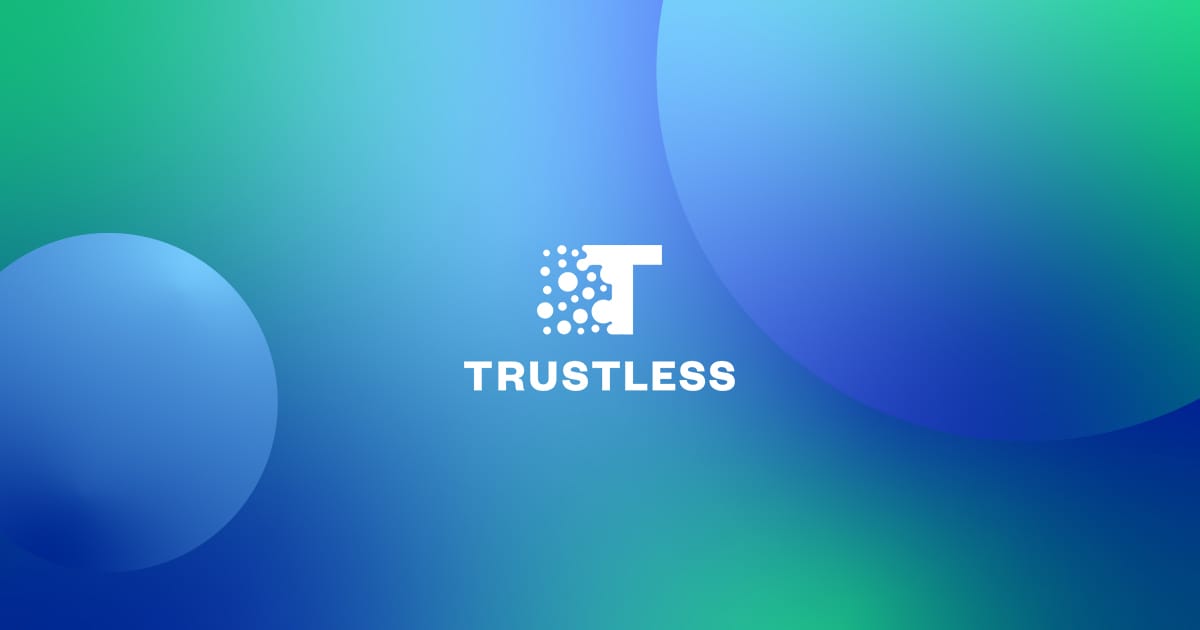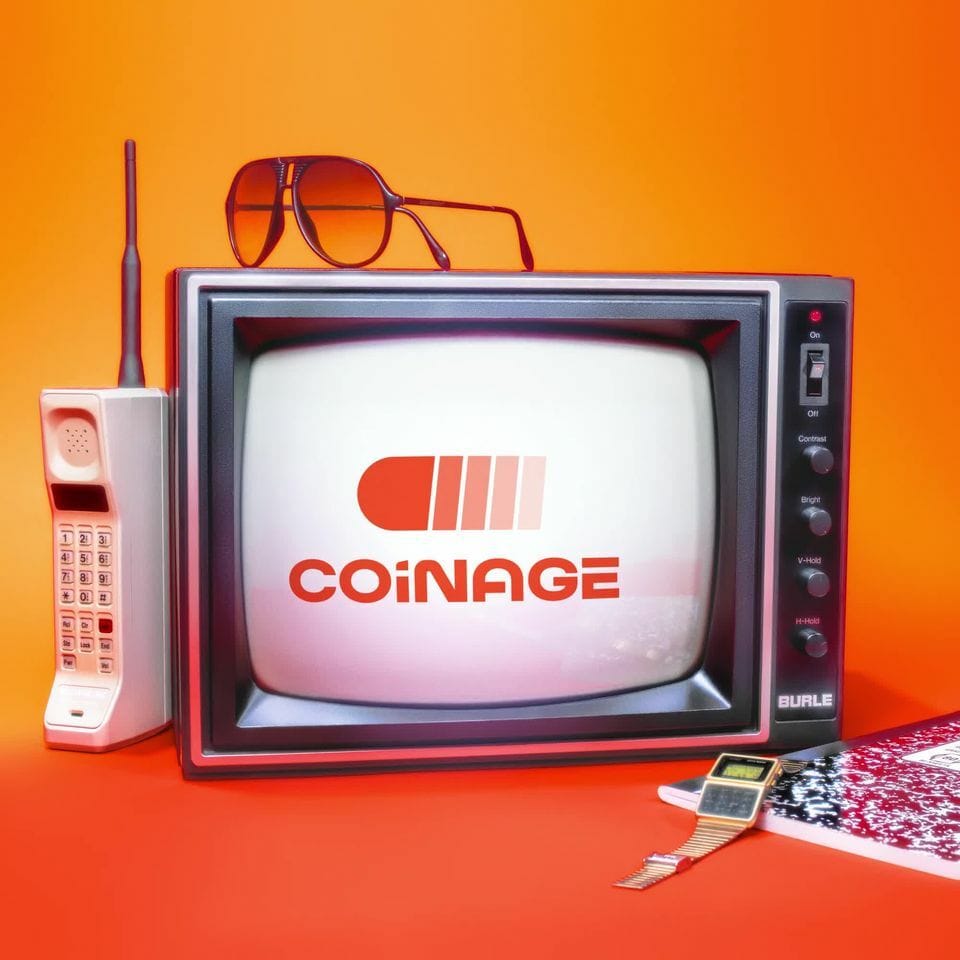- Crypto Uncomplicated
- Posts
- Why I quit my dream job to launch a new Web3 media company
Why I quit my dream job to launch a new Web3 media company
And why media might just be the perfect use case for a technology in search of a problem

Crypto Uncomplicated is a free crypto newsletter distilling all the happenings in the crypto space. Unlock the full experience as a premium subscriber by signing up here.
Thinking back to childhood, everyone had that day in school where the teacher asked you what your dream job was. Most kids picked policeman, other kids picked doctor, or firefighter.
But me? I always wanted to be a television host. And unlike most kids, I actually got to live out that dream job. I landed on TV at CNBC and later in the anchor chair at Yahoo Finance.
And yet, even after a couple years in that chair, a little voice started gnawing away at me when I saw a tiny little revolution starting to taking place as a tiny little spark, laughed off by most at the time and still today.
I'm talking, of course, about non-fungible tokens, or NFTs.
If you've been reading this newsletter, you no doubt already know a little about them. As I've covered, NFTs have evolved from being little more than just digital art, into a way to value shared story telling, and now, even community ownership. And as I sat there — in that anchor chair — I couldn't help but wonder what that technology might evolve into to unlock next. It started to become all I could think about.

NFT project Bored Ape Yacht Club has evolved past just digital art into a whole metaverse play complete with its own native APE token.
One day last year, I started thinking through how NFTs might come to disrupt every existing industry in a number of different ways. And, given that I had started to focus my coverage squarely on crypto, I had a front row seat with access to some of the smartest builders in the entire space. I thought, why not start to learn from them to tackle what that technology might be able to unlock in the industry I knew best — media.
If you don't know anything about media, we can start by taking a look at news, one of media's largest verticals. The one thing to know about news is that it's at an all-time low. And I do not mean that subjectively.
According to recent data from Pew Research, only about six-in-ten U.S. adults (58%) say they have, "at least some trust in the information that comes from national news organizations." While it's still a majority, that figure constitutes the smallest share over the last five years the survey was conducted. The numbers are even worse elsewhere.
According to Gallup, which has tracked Americans' confidence in newspapers since 1973 and television news since 1993, the trust in news has never been worse. Just 16% of U.S. adults now say they have "a great deal" or "quite a lot" of confidence in newspapers and 11% in television news. Out of all of America's institutions, when the approval rating for America's media is only beating the rating for Congress, is that really winning? I don't think so.

A visualization of the Gallup data by Axios illustrates just how quickly trust in American media has been eroded. (Source: Axios.)
Now, the interesting caveat to all the distrust in news is that the numbers actually start to improve the more local you get. Pew data indicates that "[a] large majority of Americans (75%) still say they have at least some trust in the information that comes from local news organizations." I would posit that part of that stems from the idea that local news reporters are also members of a more intimate community, and thus, have a more vested interest in serving that community. I would also posit that local news is a little easier for a viewer to follow or fact check, and thus, maybe a little easier to trust when any report deviates from the truth.
But it begs the question, how do you achieve some of those positives at scale? And, what the hell does this have to do with making crypto uncomplicated? Well, I'm glad you asked.
Today, the Web3 media company I co-founded, Trustless Media, is launching a new model to tackle some of the reasons we believe so few people feel like they can trust media today. To prove out how that new model will work, we're starting by covering the wild world of crypto, which has defined how to trust in a trustless environment since Bitcoin launched in 2009.
As this newsletter's very creation dictates, crypto ... is unnecessarily complicated. Ain't nobody ever really knows what's going on. It takes an incredible amount of research, understanding, and even then, who can you really trust? As the industry's recent collapse of centralized lenders like Celsius has shown, you probably can't trust the influencers who got paid to promote them. And you certainly can't just trust one, siloed community shilling a project that all of them already own. Without reporting the counterpoint in any story, are you even really telling a story?

Trustless Media is a new kind of production hub where ideas people care about actually come to life.
To solve that, Trustless Media is looking to put NFTs at the core of every show we intend to launch. Beginning with Coinage, our show dedicated to fair crypto coverage for a mainstream audience, we intend to use NFTs to create a cooperative system of ownership that lets a diverse set of audience members co-own and co-produce the show with us. Our hope is that by decentralizing a newsroom's creativity we can create way more engaging and trustworthy content than we ever could by ourselves.
As a proof of concept, Coinage will set out to show what an NFT can become when it evolves in a decentralized media model. Anyone who chooses to mint an NFT will not only be invited to weigh in on choosing what a show dedicated to highlighting the most important stories in crypto should cover, but how it chooses to cover them. And we're launching our community with some of the smartest people in crypto (no not me, but FTX CEO Sam Bankman-Fried is one of our first invited members.)

0:00 / 0:05
Effectively, the NFT enables three things:
A way to break down the wall between a show's content creators and the audience that gives any show its worth.
A way to create more trust by distributing power to a community of diverse viewpoints to ensure there's less bias in storytelling.
A way to track and reward dedicated members of a show's earliest contributors.
Where NFTs go from here
At Trustless, we're starting with a show dedicated to distilling everything a mainstream audience needs to know about the happenings in crypto, but it's easy to see how the same format could extend to almost any niche.
Who do you trust in food? Who do you trust in travel? Who do you trust in sports?
What could a community-run show dedicated to any area of interest start to unlock when it operates from a position predicated on trust?
To be completely honest, I don't know for sure but I'm excited to find out. Because as fun as sitting behind the anchor desk was, I'm convinced it can become a lot more fun to invite an audience to sit behind it with me.
Crypto Uncomplicated is a free crypto newsletter distilling all the happenings in the crypto space. Get exclusive insights on how to play the increased volatility as a premium subscriber by signing up here.